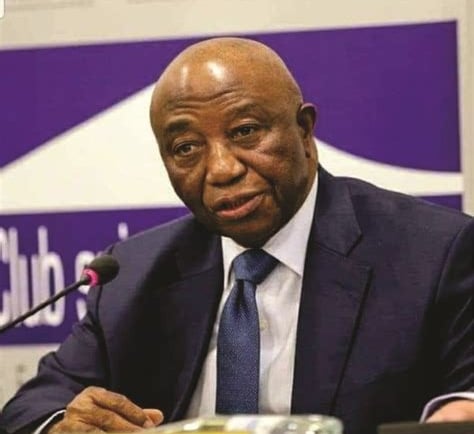Liberia Earns MCC Compact Eligibility: A New Path for Development
7/27/20252 min read


A New Milestone for Liberia
Monrovia, July 2025 — In a significant achievement for Liberia, the Millennium Challenge Corporation (MCC), recognized for its commitment to poverty alleviation through strategic investments, has designated the nation as eligible for developing a compact. This announcement follows the mcc’s quarterly board meeting held on December 18, 2024, marking a transformative chapter in Liberia's journey towards economic growth and development.
Understanding MCC Eligibility
Eligibility for the MCC program is determined through a rigorous assessment of a range of policy indicators that span across various spheres of governance, economic freedom, and human investment. For the fiscal year 2025, Liberia impressively passed 11 of the 20 indicators utilized by the MCC for this evaluation. These indicators are crucial as they reflect the nation's commitment to fostering an environment conducive to long-term economic stability and growth.
Key Indicators of Progress
Among the critical indicators that helped Liberia achieve this eligibility are control of corruption, political rights, and civil liberties. Successful navigation of these benchmarks demonstrates the government's commitment to creating a transparent and equitable administrative framework. Furthermore, maintaining and improving performance in areas such as fiscal management, education access, and health outcomes will be essential as the nation prepares to engage in the compact development process.
This eligibility presents Liberia with not only financial resources but also the opportunity to implement sustainable projects that resonate with the citizens' needs. The MCC provides a platform for enhancing infrastructure, improving healthcare, and fostering educational advancement, which are pivotal for the nation's progress. Investment in these sectors is expected to stimulate local economies and provide jobs, thereby reducing poverty and enhancing quality of life for many Liberians.
As Liberia embarks on this new path towards development, it is crucial for stakeholders, including government officials, civil society, and the private sector, to collaborate effectively. Building a comprehensive strategy focused on leveraging the opportunities afforded by MCC compact eligibility will dictate the success of future initiatives. International partnerships and the active involvement of the local population will serve as critical components in the successful implementation of development projects.
Moreover, the MCC compact eligibility sends a strong message to potential investors, affirming Liberia's stability and readiness for growth. This forthcoming phase presents an opportunity to bolster Liberia's economic landscape, attract foreign investments, and enhance global partnerships aimed at sustainable development.
In conclusion, Liberia's eligibility for an MCC compact marks a hopeful turning point in its economic trajectory. By committing to maintain progress across the required indicators and engaging in fruitful partnerships, Liberia can leverage this milestone to build a brighter future for its citizens and serve as an example of resilience and growth within the region.
